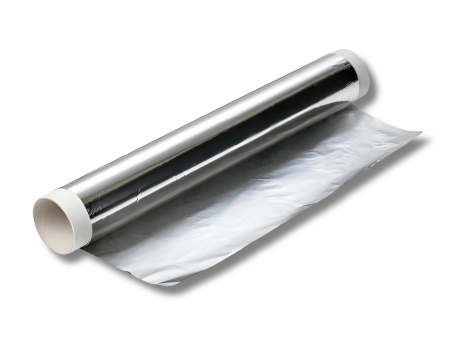To get a BIS certification license for aluminum foil, firms must adhere to Indian Standards (IS 15392 for food packaging and IS 16011 for medicinal application). The process entails verifying that material and quality criteria are met, conducting in-house testing, and creating the relevant papers. The application is submitted to BIS, which then conducts a factory inspection and sample testing. BIS issues the certification after approval, authorizing the use of the ISI mark. Audits are conducted on a regular basis to guarantee compliance. BIS certification is required for some aluminium goods in the Indian market by 2024 in order to maintain quality and safety standards.

Aluminium and Aluminium Alloy Bare Foil for Food Packaging
15392The chemical symbol for aluminum is Al, but aluminum foil itself does not have a unique symbol. It is commonly referred to as Al foil in industries.
The relevant ISO standard for aluminium foil is ISO 7271, which specifies dimensions, tolerances, and requirements for aluminium and aluminium alloy foils used in various applications.
The Harmonized System (HS) code for aluminium foil typically falls under 7607, with subcategories depending on thickness, usage, and whether it is backed or unbacked.
No, aluminum foil is not an element. It is made from the element aluminum (Al) but is a manufactured product, often containing small amounts of other elements.
ISO 14020 sets principles for environmental labels and declarations, ensuring transparency and credibility in environmental claims for products and services.